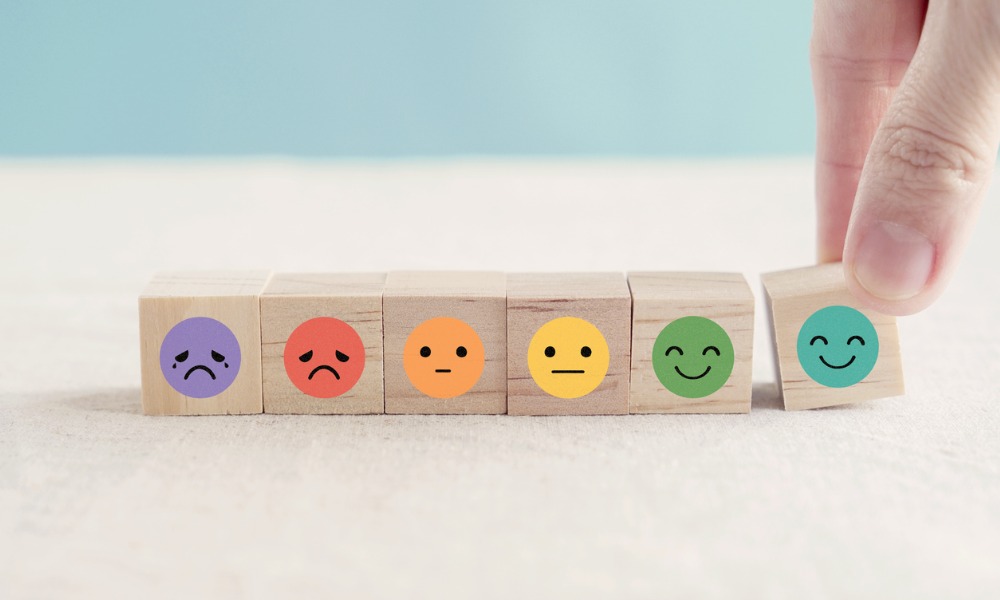
Called the 'most depressing day of the year,' it’s a chance to champion wellbeing in your teams, says HR leader

Happy Blue Monday – officially the ‘most depressing day of the year’, according to pseudo-science.
Falling on the third Monday of January, Blue Monday is also an apt reminder for employers to recognize and support the mental wellbeing of their people.
Invented by Dr. Cliff Arnall, a Welsh psychologist, the day is calculated by assessing weather (W), post-holiday debt (d), time since Christmas (T), failing New Year’s resolutions (Q), low motivation (M), and a lack of decisive action (Na).
In a recent interview with HRD, Deon Blyan, Vice President of Talent Development and Employee Experience at Sunwing Vacations Group, says that while Blue Monday is important, it’s no excuse to ignore wellbeing for the rest of the year.
“I know that not every organization has fulsome wellbeing and wellness pieces in place, but I do think that this is something important,” says Blyan. “However, if this is the only time in that the organization speaks to mental health and wellbeing, then it could feel disingenuous.”
Cast your mind back to the #BlackOutTuesday initiative that dawned in the highs of the Black Lives Matter movement. While well meant, the move saw celebrities ‘pausing’ from posting content one day, to reflect on what was happening in the world. However, the initiative soon received backlash with people pointing out its flaws – namely that it was ineffective and meant people couldn’t actually see content about Black Lives Matter on Instagram.
While moments of reflection are important when it comes to pointing out injustice, in organizations it takes a constant flow of action – not a one-off gimmick.
“I would encourage organizations to think about how you first ensure that mental health and wellbeing is destigmatized,” advises Blayn. “[Making it] something that’s a talkable subject – so that people recognize it’s not any different than physical wellbeing. There are signs, there are symptoms and there are treatments.”
And Blayn’s not alone in his assertions around wellbeing. According to research from The Mental Health Foundation, one in seven people experience mental health issues at work – with women almost twice as likely to suffer than their male counterparts.
Instead, Blayn suggests taking advantage of the hype that comes with Blue Monday to propel much-needed initiatives forward.
“That takes the organization to a great place where on days like Blue Monday, there can be a heightened focus,” he says. “It could also be used as a time to launch something within the organization - to rally people around a new understanding or a new technique or a new program.
“It could be a time to send a note of support or a gesture that doesn’t feel like it’s out of nowhere – it fits in with the culture equation. That the organization holds this as an important part of their world, 365 days a year.”
However, if you’re recognizing Blue Monday today, remember to approach it for what it is – a way to champion the wellbeing and mental resilience of your team in an authentic and meaningful way. If you or someone you know if struggling with their mental health right now, reach out to the hotlines below for professional help and support: